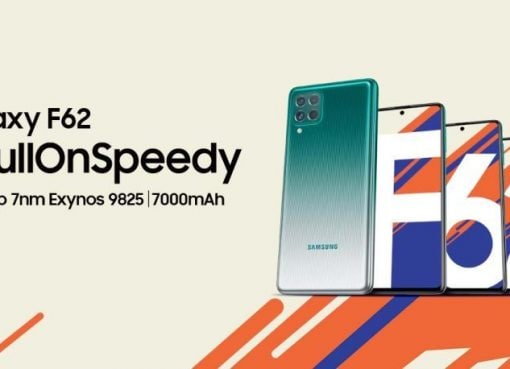Rains give relief from the scorching heat, but it also brings along the threat of waterborne diseases from contaminated water. It is a serious concern that can cause diseases such as typhoid, cholera, diarrhea and many other gastrointestinal problems. Most of us still follow the traditional ways of boiling and filtering water at home, which consumes time and energy, while others find bottled water as an alternative. This too can burn a hole in your pocket. A water purifier is the best, inexpensive solution for purifying water. It helps remove harmful impurities from the water and at the same time maintain a quality that is ideal for consumption. However, with so many brands and models of purifiers promising advanced purifying technologies, how do you go about buying a water purifier?
Is supplied water, safe and pure?
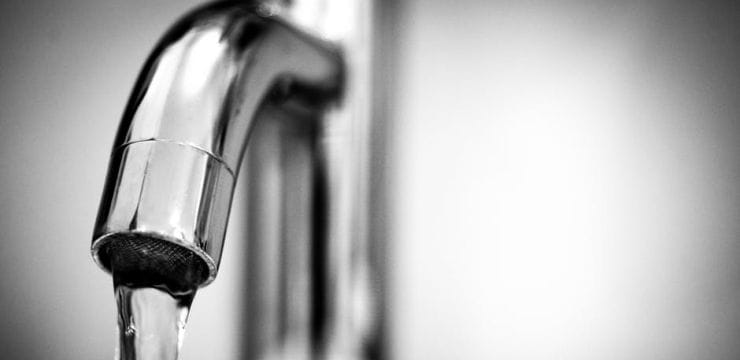
Most of us boil and filter water using a fine cloth or using traditional water filters. This is one of the easiest and effective ways to ensure pure drinking water. Some people prefer packaged drinking water but it is expensive. Are these methods really safe though? The only way to know if water is safe for drinking is by performing a water analysis test in a laboratory. Water is said to be pure based on the TDS (Total Dissolved Salt) and the pH levels. These values can be used to determine what kind of water purifier you need.
Types of water purifiers you need to consider
Water purifiers are available as two types – Electric and Non-electric. Electric water purifiers are useful in places with stable electricity supply, whereas non-electric purifiers are good for places with unstable electricity and erratic water supply. Purifiers are available with or without a storage tank ranging from 4 to 20 litres, and above. If you have a large family, choose one that comes with a storage tank if water supply is erratic. This ensures that you have access of pure water stored in a tank.
Different water filtration technologies
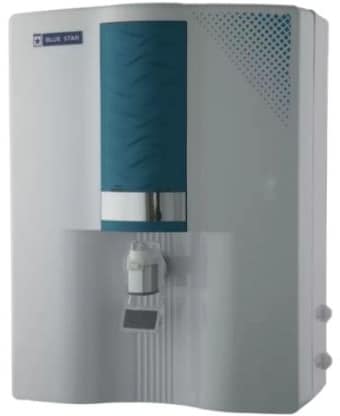 |
Reverse Osmosis (RO) technology Water purifiers with RO technology are effective at removing invisible impurities. It also helps in reducing the hardness of water by removing harmful chemicals and the presence of lead, arsenic, mercury and chlorine in it. RO filtration technology is used for underground water sources or water that is supplied by water tankers. This method also works for distilling seawater and making it drinkable. Choosing a RO water purifier helps if the TDS (Total Dissolved Salt) is low in water test. Having an UV feature on your RO water purifier is also recommended for most locations. |
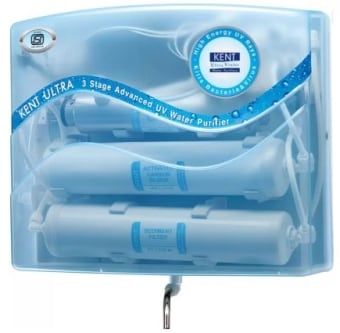 |
Ultraviolet (UV) technology UV water filtration technique is useful for soft water sources such as river water or rain water supplied by municipalities. This type of technology helps destroy microorganisms present in water, but is not effective in removing dissolved water chemicals. It would be best to choose UV water purifier if the presence of bacteria and microorganisms is high in water. If the water have a mix of solid impurities along with contaminants, consider buying a purifier with both, RO and UV filtration technologies. This is ideal for most of us. |
 |
Ultra-filtration (UF) technology Mainly non-electric purifiers with storage tanks come with UF filtration technology. These type of purifiers are good at removing solids and impure particles present in water, but bad at removing dissolved impurities. It is good to go for a UF + UV filtration water purifiers if the water supply is known to have very low TDS ratings, which means water is safe for drinking. |
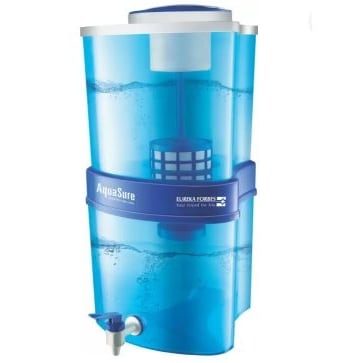 |
Activated carbon technology These type of water purifiers have two or more bar shaped sticks made up of charcoal granules. These sticks help absorb pesticides or chemicals present in water improving the taste of water. Purifiers with activated carbon technology work without electricity. This type of water purifiers can be considered in rural areas where you find mainly fresh water reservoirs. |
As explained, an ideal way to filter impure water is to install a water purifier at your home. A majority of water purifiers use a combination of RO + UV +UF purification technologies and these are more expensive than single filtration ones. We would recommend using all three purification levels, since it is worth the investment when health is most important. If you are planning to get one, head to a nearest Reliance Digital store and we’ll help you find a model that perfectly match your requirements.



